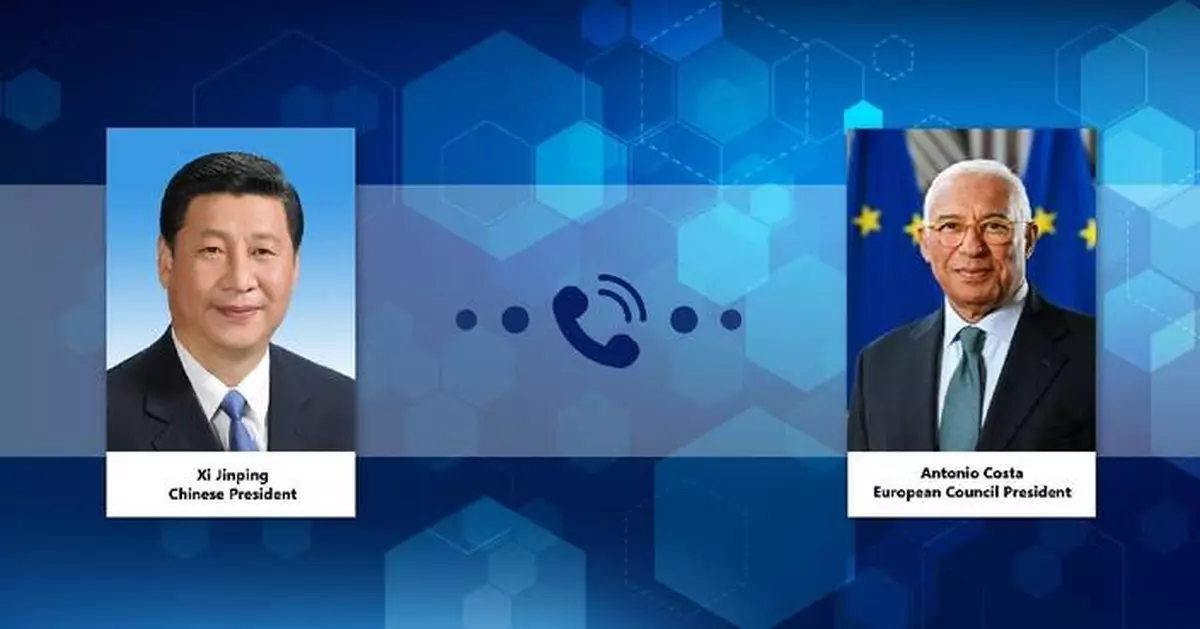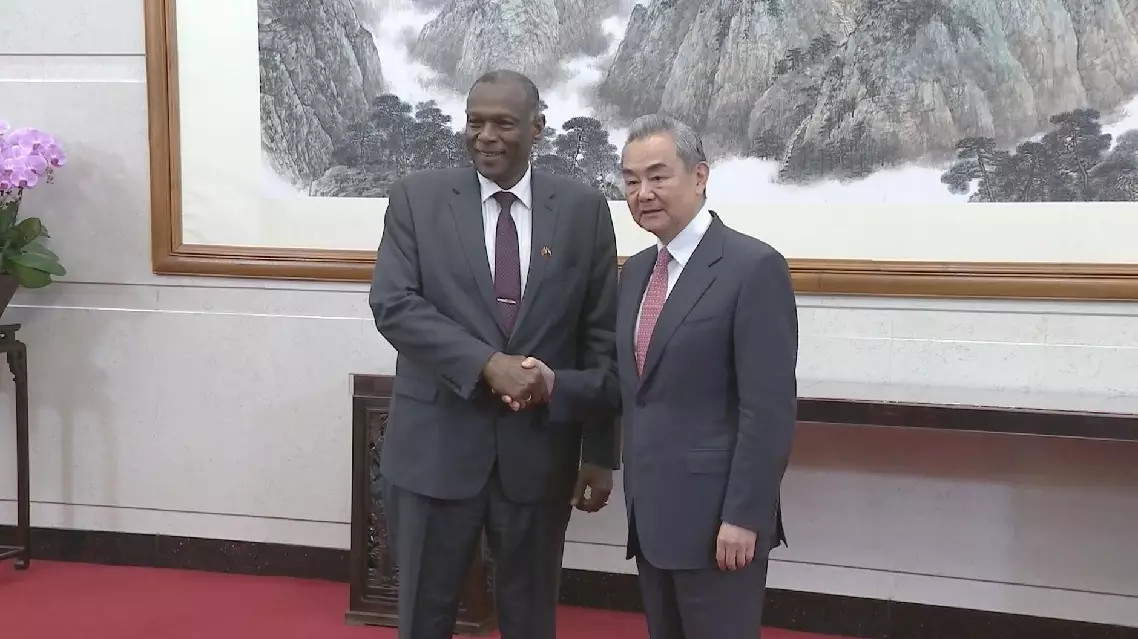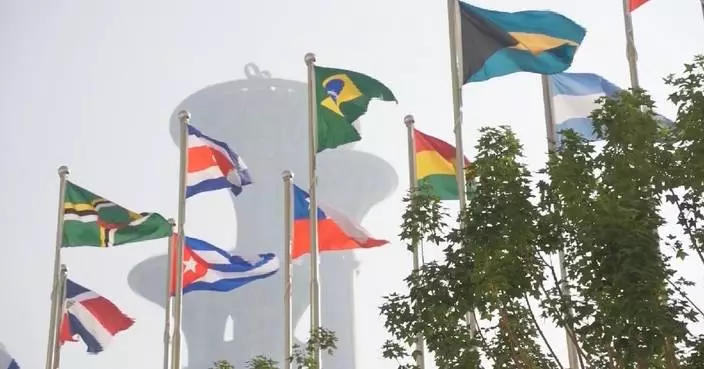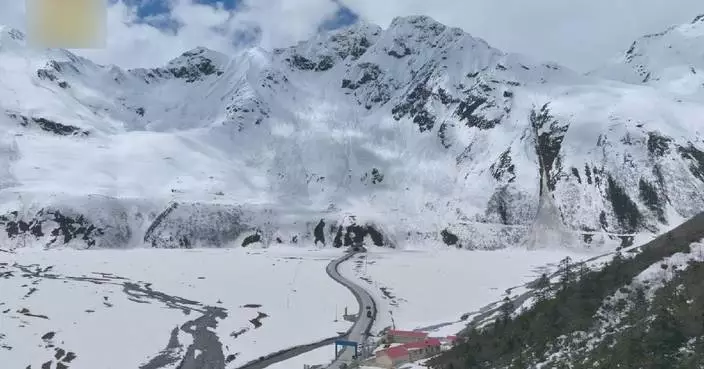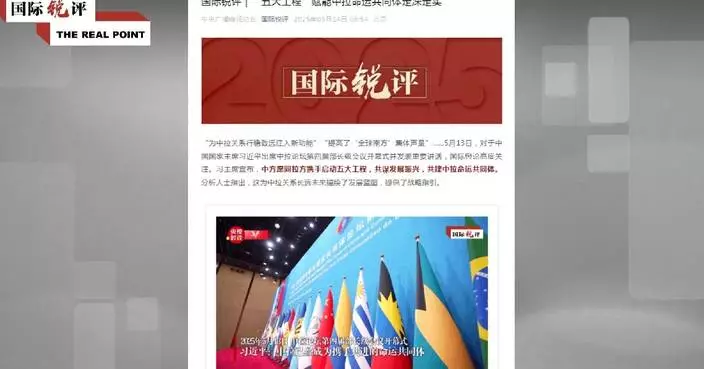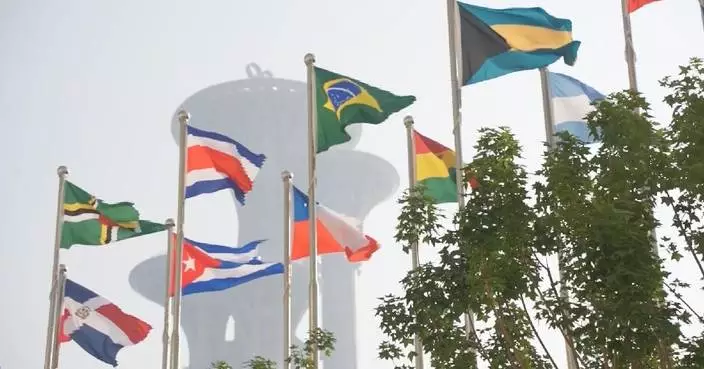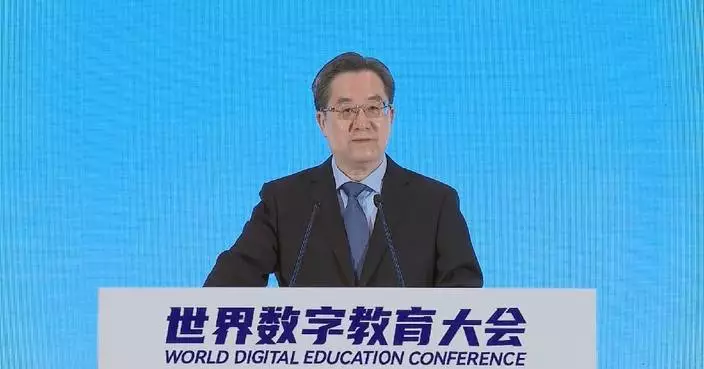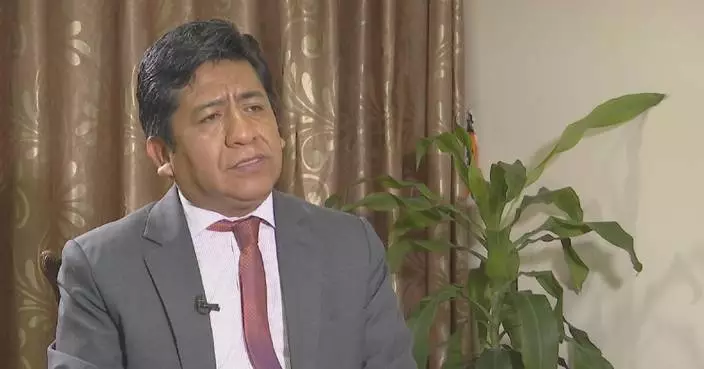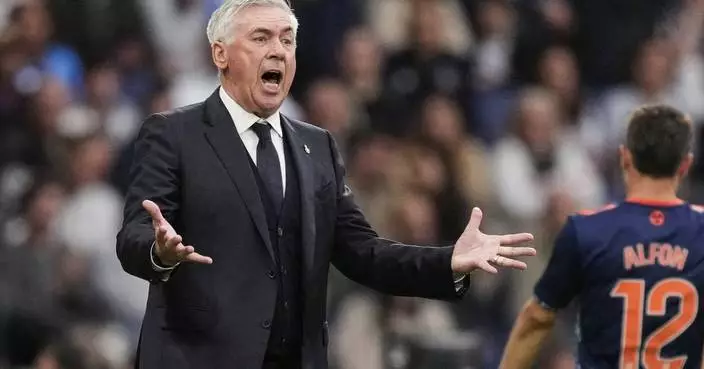China has always regarded Europe as an important pole in a multipolar world, firmly supported European integration, and backed the European Union (EU)'s pursuit of strategic autonomy, Chinese President Xi Jinping said on Tuesday.
Xi made the statement at a phone conversation with European Council President Antonio Costa.
The history of China-EU relations demonstrates that as long as both sides uphold mutual respect, treat each other as equals, and engage in candid dialogue, they can advance cooperation and make significant achievements, Xi said.
Those who are like-minded are partners, and those who seek common ground while shelving differences are also partners, Xi said, adding that the key lies in respecting the social systems and development paths chosen by each side's people and honoring each other's core interests and major concerns.
Xi said both sides need to reflect on the development of China-EU relations, draw lessons from past experiences, and work together to uphold the political foundation of bilateral relations, promote sound development of their relationship, so as to bring greater benefits to the people of China and the EU, and inject more stability and certainty into the volatile international landscape.
There exist no clash of fundamental interests or geopolitical conflicts between China and the EU, enabling them to become partners that can contribute to each other's success, according to the Chinese president.
Over the past 50 years, China-EU relations have not only boosted their respective development, but also significantly contributed to world peace and prosperity, Xi said.
Expressing China's confidence in the EU, Xi said that he hopes the EU can also become a trusted partner to China.
Emphasizing mutual complementarity and mutual benefits in economic and trade cooperation between China and the EU, Xi described the two sides as champions of the multilateral trading system with a strong economic symbiotic relationship.
Noting that China remains committed to high-quality development and high-level opening up, Xi said that it will bring new opportunities for China-EU cooperation.
Xi urged bilateral efforts to expand mutual openness, consolidate existing cooperation mechanisms, and explore new areas for growth.
Xi also said that both sides need to deepen people-to-people and cultural exchanges, and encourage stronger bilateral engagement at the sub-regional level, thus cementing the public opinion foundation for bilateral friendship.
For his part, Costa said the EU is willing to work with China to properly address economic and trade differences through dialogue and consultation.
The two sides should focus on cooperation rather than competition, he added.
In a time of global challenges, closer cooperation between the EU and China is necessary, Costa said, calling for combined efforts to tackle pressing issues such as climate change and contribute to global peace, stability and development. The two sides also exchanged views on the Ukraine crisis and other issues. Xi expounded China's principled position on promoting peace talks.
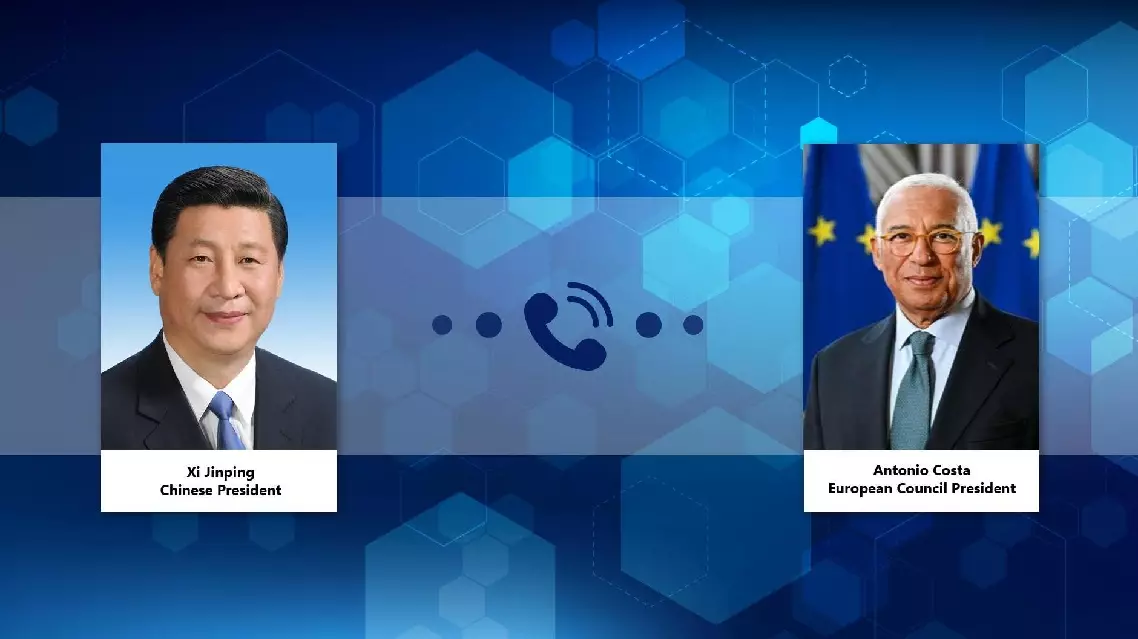
China supports European integration, EU strategic autonomy: Xi
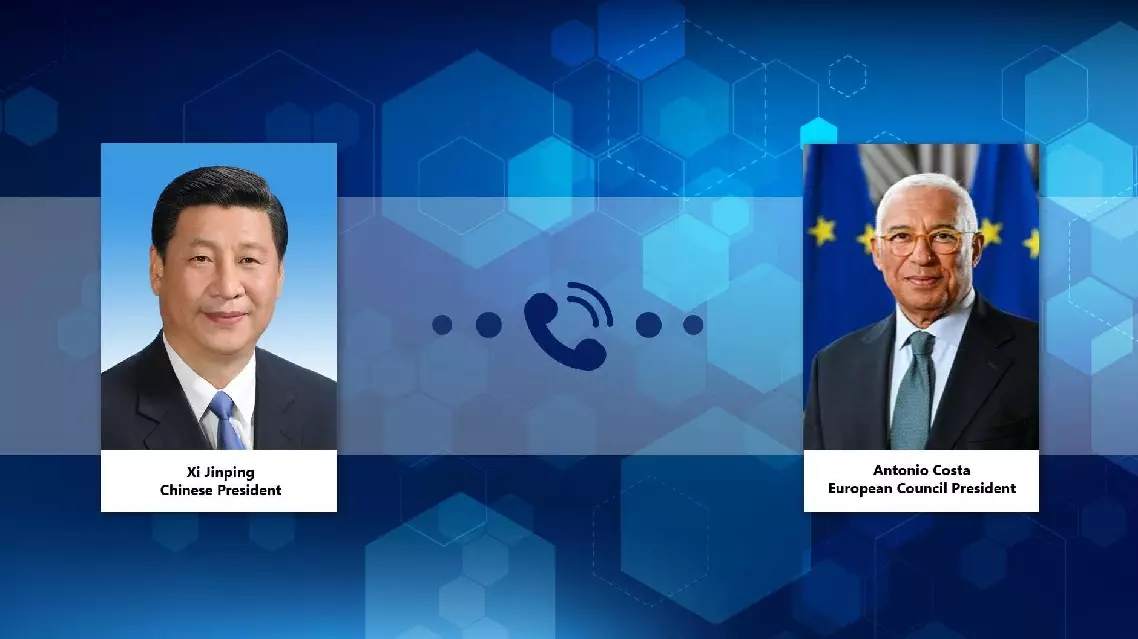
China supports European integration, EU strategic autonomy: Xi


